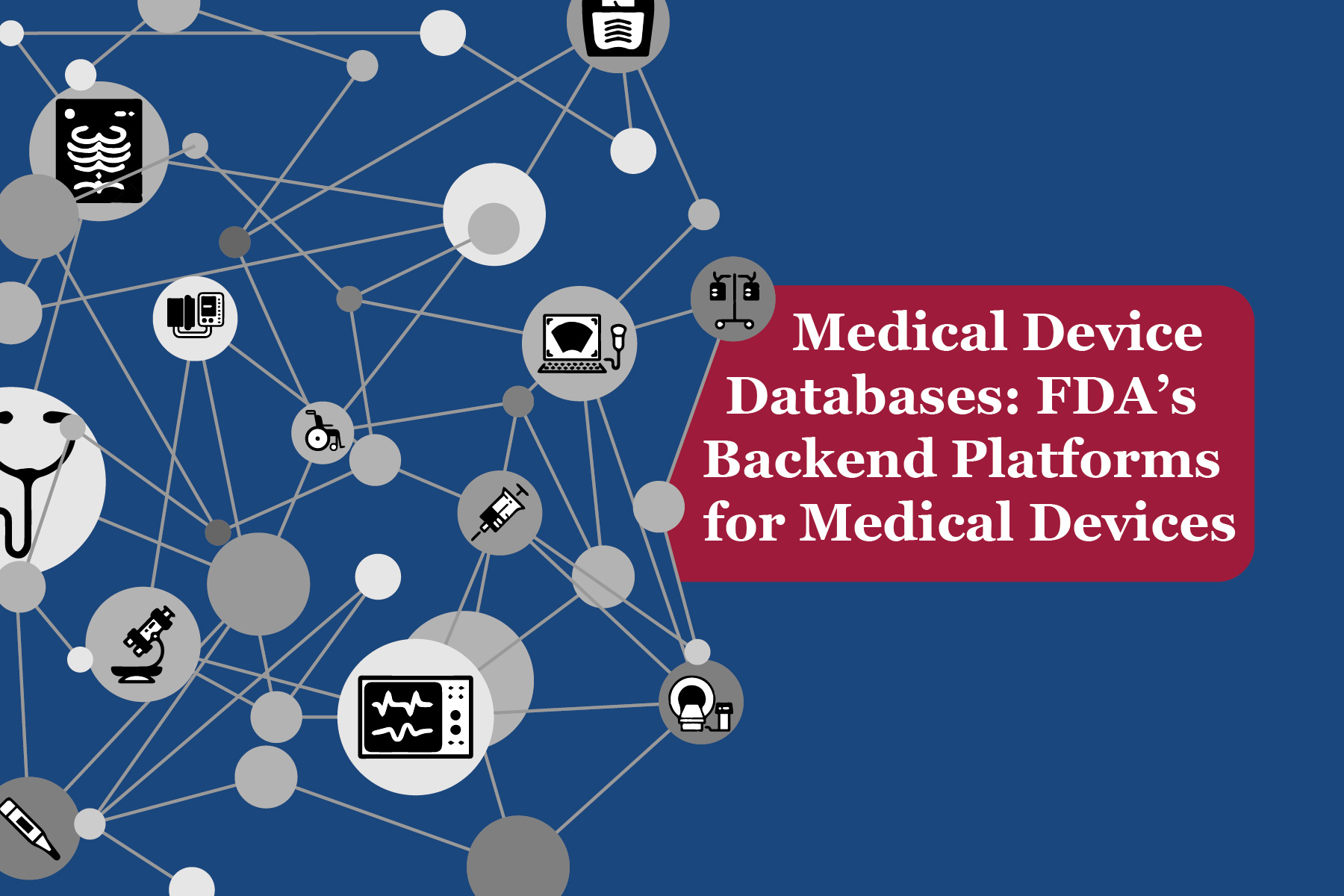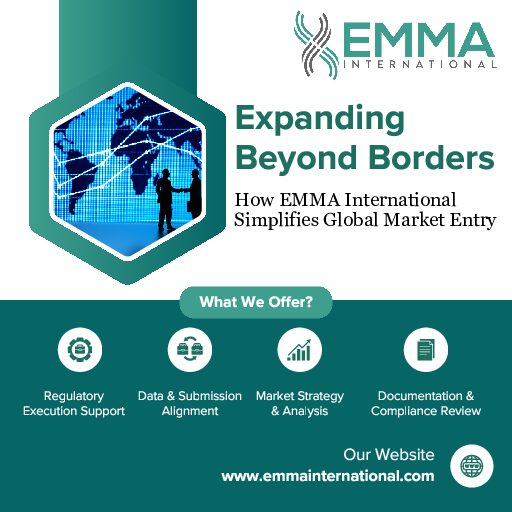Data is the single most vital entity of any system and therefore, data storage and management become some of the most important aspects of any system’s quality and efficiency. Presently, Cloud is a great example of modern data management tools. With features such as backups and auto-scalability, Cloud Computing provides high robustness and fault tolerance against data or server failures. Including features of Amazon Web Services (AWS) S3 Cloud platform, FDA maintains approximately 25 massive medical datasets.1 These databases are also known as the backend host structured and unstructured data. Manufacturer or device names are examples of structured data while PDFs, images, and videos are examples of unstructured data.
Every dataset is designed and maintained for specific purposes. The DeNovo dataset maintains low to moderate based devices which are approved through the DeNovo pathway. The Premarket Notifications (510(k)s) maintains devices that have proven to be substantially equivalent to another device. Humanitarian Device Exemption offers data on Class III Medical devices that fit the criteria for HDE. The dataset Registration and Listing provides the repository of commercial devices distributed by both domestic and foreign manufacturers. The Premarket Approvals (PMA) maintains the private licenses granted for device marketing and the Post-Approval Studies (PAS) enables users to search PAS information by a device or manufacturer’s data fields. Most of these datasets are updated weekly or daily. The only datasets that are updated annually are the CFR Title 21 -Food and Drugs which records the most recent revisions to the Code of Federal Regulations (CFR) Title 21 and the X-Ray Assembler that contains reports on assemblers which installs one or more diagnostic x-ray components.2
Indeed, if a manufacturer wants to create a dataset and make it public, the data set should follow standard dataset conventions. For both structured and unstructured databases, data should be clean and normalized, specifically for structured datasets to ensure better future maintenance. A dataset may be a part of an API or a software system that falls under the class of Software as a Medical Device (SaMD). Device manufacturers must prepare appropriate system documentation, which should also include databases before they make the system public. The system may undergo the DeNovo pathway or other premarket notification, depending on the class of the device. Also, based on the device risk category, the system may be subjected to clinical trials which include data verification and validation. The clinical trials validate that the software target matches the actual expected output. Hence, even though a database may be a small component in a massive system, as all software systems are data-driven, the database and its structure prove to be a significant component from the FDA and regulatory perspective.3
Do you want to build a sophisticated database management system for your medical application, or do you have a software tool with single or multiple databases that needs FDA approval? Our software and regulatory experts at EMMA International can help you become compliant with the regulatory requirements. Contact us at 248-987-4497 or info@emmainternational.com for additional information.
1FDA. (2014) US Food and Drug Administration (FDA) Case Study. Retrieved on 09/28/2020 from https://aws.amazon.com/solutions/-case-studies/us-food-and-drug-administration/
2FDA (June 2020). Medical Device Databases. Retrieved on 09/29/2020 from https://www.fda.gov/medical-devices/device-advice-comprehensive-regulatory-assistance/medical-device-databases
3FDA (September 2018) Guidance for Industry: Guide for Developing and Using Data Bases for Nutrition Labeling. Retrieve on 10/1/2020 from https://www.fda.gov/regulatory-information/search-fda-guidance-documents/guidance-industry-guide-developing-and-using-data-bases-nutrition-labeling#chapter_2.




